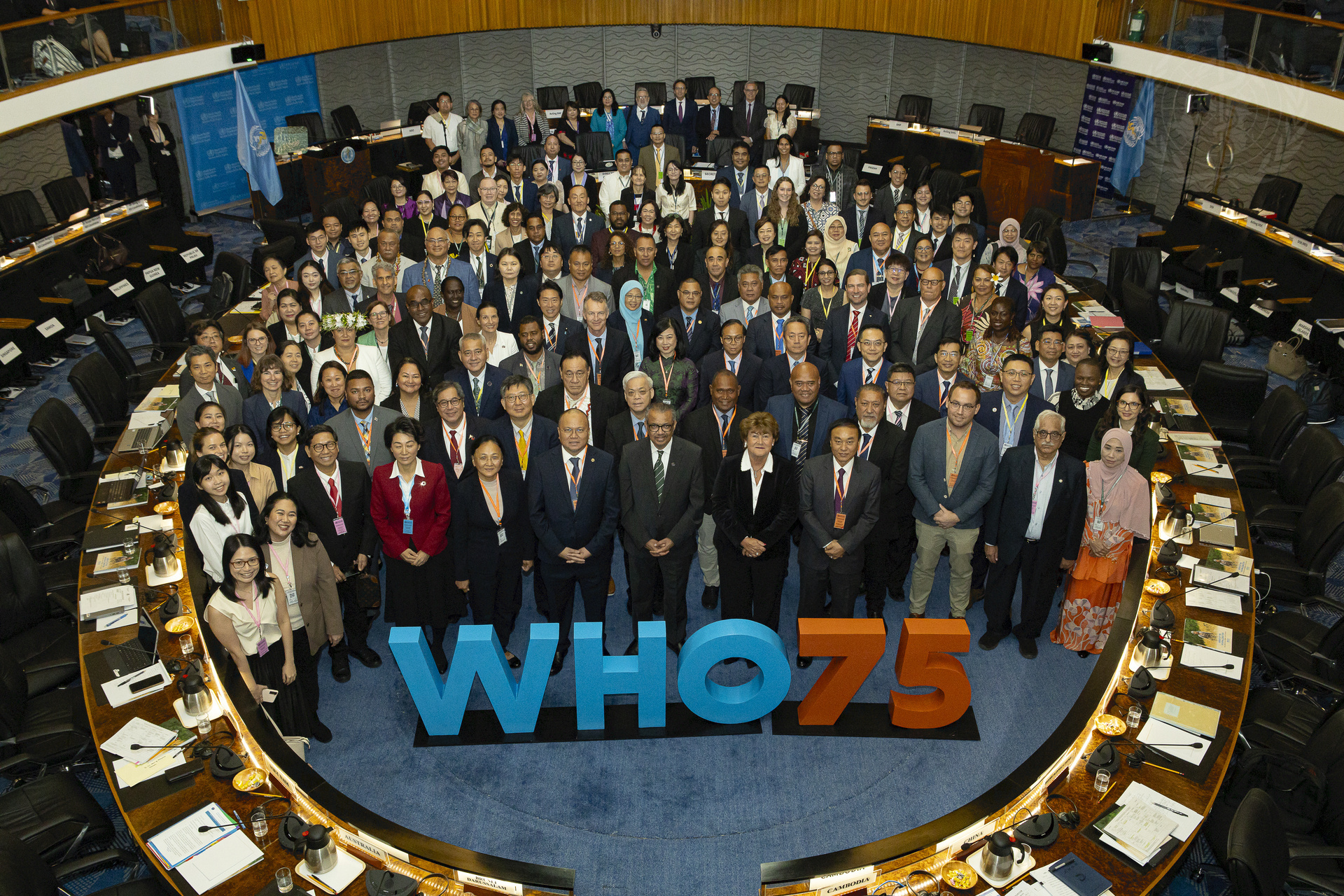WFSA Council member, Dr. Erlinda De la Cruz Oracion highlights the vital need for WPRO Member States to invest in anaesthesiology as a means of strengthening the health workforce.
Agenda item 14 – Health Workforce
The World Federation of Societies of Anaesthesiologists (WFSA) represents over 500,000 anaesthesiologists in 142 countries, with 24 national member societies in the Western Pacific region.
As our region’s response to COVID highlighted and the discussions about how to achieve Universal Health Coverage attest to, a trained and supported anaesthesia workforce is indispensable to a functioning and resilient health system.
The report states that the Western Pacific Region continues to face a significant health workforce shortage. An area where this deficiency is most vividly evident is in the chronic lack of trained anaesthesiologists. The WFSA’s Global Anaesthesia Workforce Survey found that 13 WHO WPRO member states had a physician anaesthesia provider density far below the recommended interim target of 5 per 100,000 (Kempthorne et al, 2017).
As we saw during Covid, health systems that have historically under-invested in anaesthesia provision are placing more onus on these same services without the necessary increase in workforce investment. This increasingly pressurised workload is resulting in higher levels of professional burnout and damaging patient safety outcomes.
WFSA supports the adoption of the regional health workforce but to ensure that WPR member states are able to realize more resilient health systems by investing in cost-effective human resources for health. WFSA believe three areas require specific attention:
1. Capacity building – Invest in health workforce strengthening by focusing on continued medical education, and creating safe, equitable work environments with high-quality facilities
2. Resourcing – WFSA supports the development of National Surgical, Obstetric and Anaesthesia Plans (NSOAPs) to embed adequate resourcing into national health policy and planning.
3. Professional well-being – To limit clinician burnout, member states need to with clinicians and their professional bodies to prioritize well-being initiatives.






